A hiatal hernia occurs when a part of the stomach pushes through the diaphragm into the chest cavity. This can cause discomfort, acid reflux, and difficulty swallowing. While small hiatal hernias may not require treatment, larger or symptomatic cases often need medical attention, including surgery.
Happy Patients
Disease
Hospitals
Cities
A hiatal hernia occurs when a part of the stomach pushes upward through the diaphragm into the chest cavity through the hiatus — a small opening where the food pipe (esophagus) passes before connecting to the stomach.
At Heptacare Health, we offer advanced diagnostic and surgical solutions for hiatal hernias with a patient-first approach, ensuring long-term relief and fast recovery.
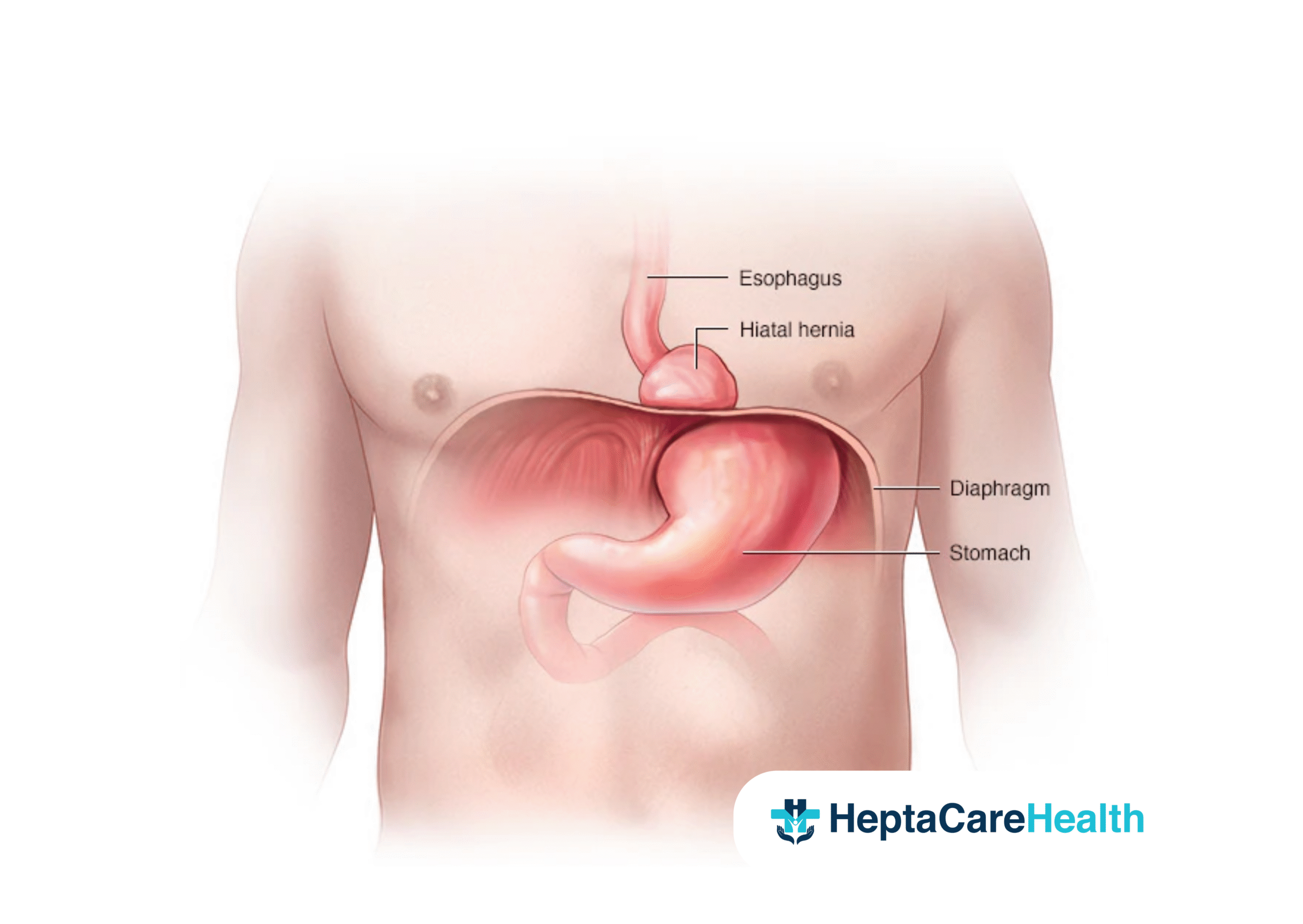
Heartburn or acid reflux
Chest pain or discomfort
Difficulty swallowing
Regurgitation of food or liquids
Shortness of breath
Bloating or burping after meals
Several factors may contribute to the development:
Age-related weakening of the diaphragm
Chronic coughing or straining during bowel movements
Injury or trauma to the abdominal area
Increased pressure in the abdomen (due to obesity, pregnancy, or heavy lifting)
Sliding Hiatal Hernia
Most common type, where the stomach and esophagus slide in and out of the chest through the hiatus.
Paraesophageal Hiatal Hernia
Less common but more serious — part of the stomach squeezes through the hiatus and stays there, increasing the risk of complications like strangulation.
Our expert gastroenterologists and surgeons use modern tools to diagnose hiatal hernias:
Upper GI Endoscopy
Barium Swallow X-ray
Esophageal Manometry
pH Test (Acid Monitoring)
We create personalized treatment plans based on your specific condition.
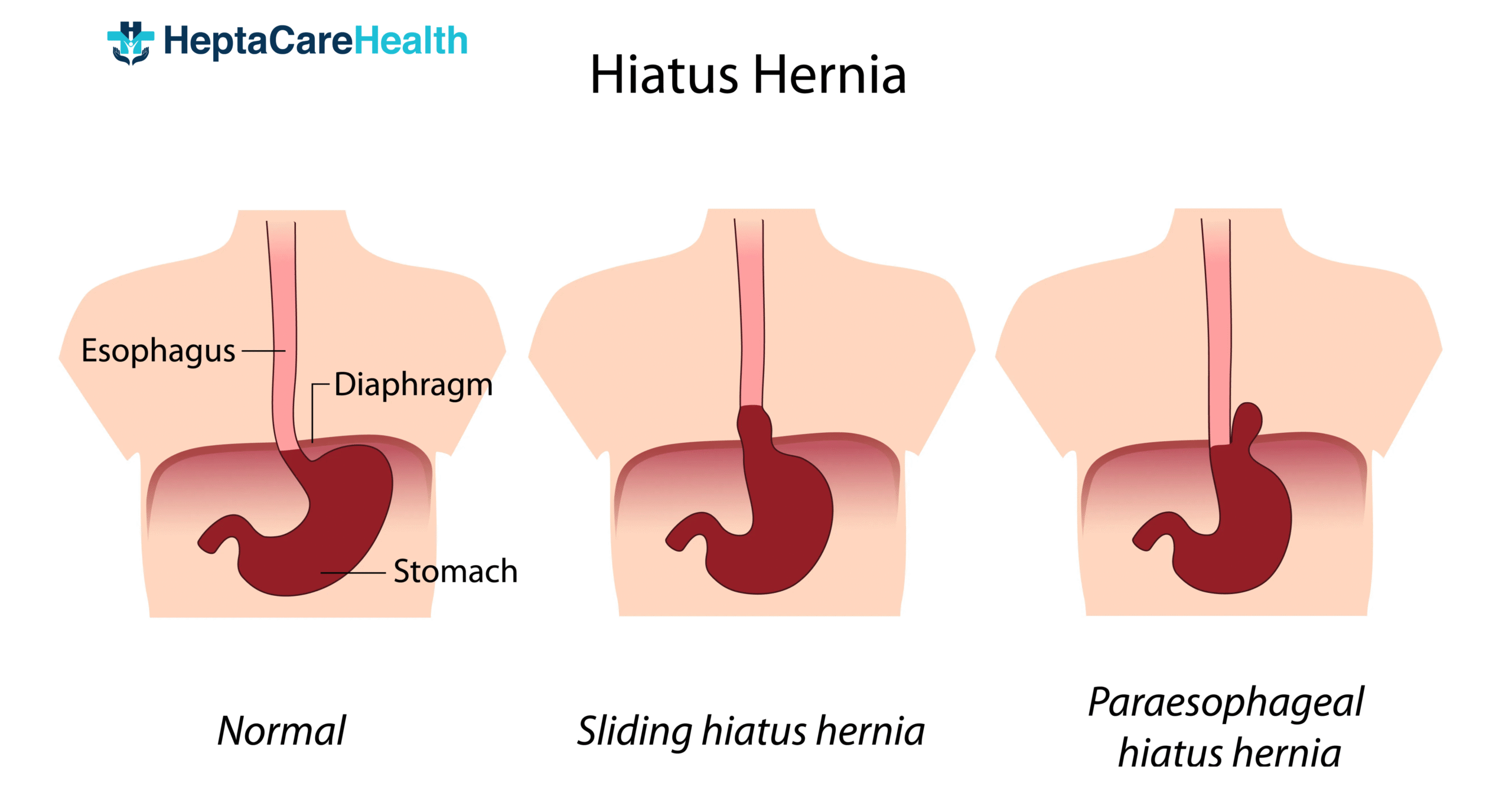
There are two main types: sliding hiatal hernias and paraesophageal hiatal hernias. Most people have the sliding kind, which is type 1. All of the other three types are paraesophageal hernias.
1. Lifestyle and Medication (for Mild Cases):
Dietary changes
Weight management
Acid-suppressing medications (PPIs, antacids)
2. Surgical Treatment (for Moderate to Severe Cases):
When lifestyle changes and medications fail, surgery is often recommended — especially for paraesophageal hernias.
Laparoscopic Fundoplication is the most common and effective surgery:
Minimally invasive
Short hospital stay
Quicker recovery
Low risk of recurrence


Based on 7721 Recommendations | Rated 4.68 Out of 5
Happy Patients
Clinics
Cities
Surgeries
Doctors
Hospitals

Protrusion of internal organs into abdominal muscle wall …
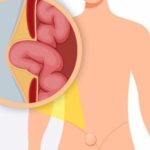
Heal painful anal fissures with advanced, non-surgical care.
Quick relief, minimal downtime, expert proctology support…

Treat anal fistula with safe, advanced procedures.
Minimally invasive care with faster recovery.
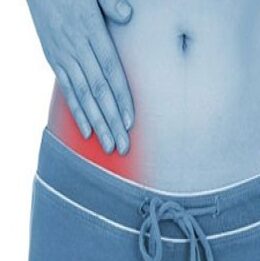
Get permanent relief from pilonidal sinus with laser surgery.
Painless procedure, quick healing, same-day discharge.

Advanced treatment for rectal prolapse by expert surgeons.
Safe procedure, minimal pain, long-term relief.
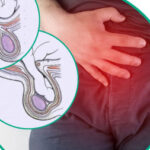
Advanced treatment for rectal prolapse by expert surgeons.
Safe procedure, minimal pain, long-term relief.
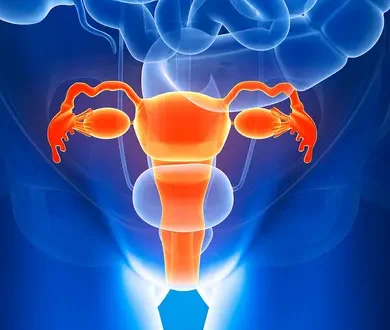
Get permanent relief from pilonidal sinus with laser surgery.
Painless procedure, quick healing, same-day discharge.
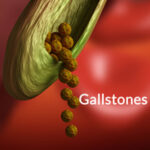
Advanced treatment for rectal prolapse by expert surgeons.
Safe procedure, minimal pain, long-term relief.
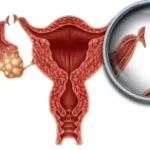
Advanced treatment for rectal prolapse by expert surgeons.
Safe procedure, minimal pain, long-term relief.
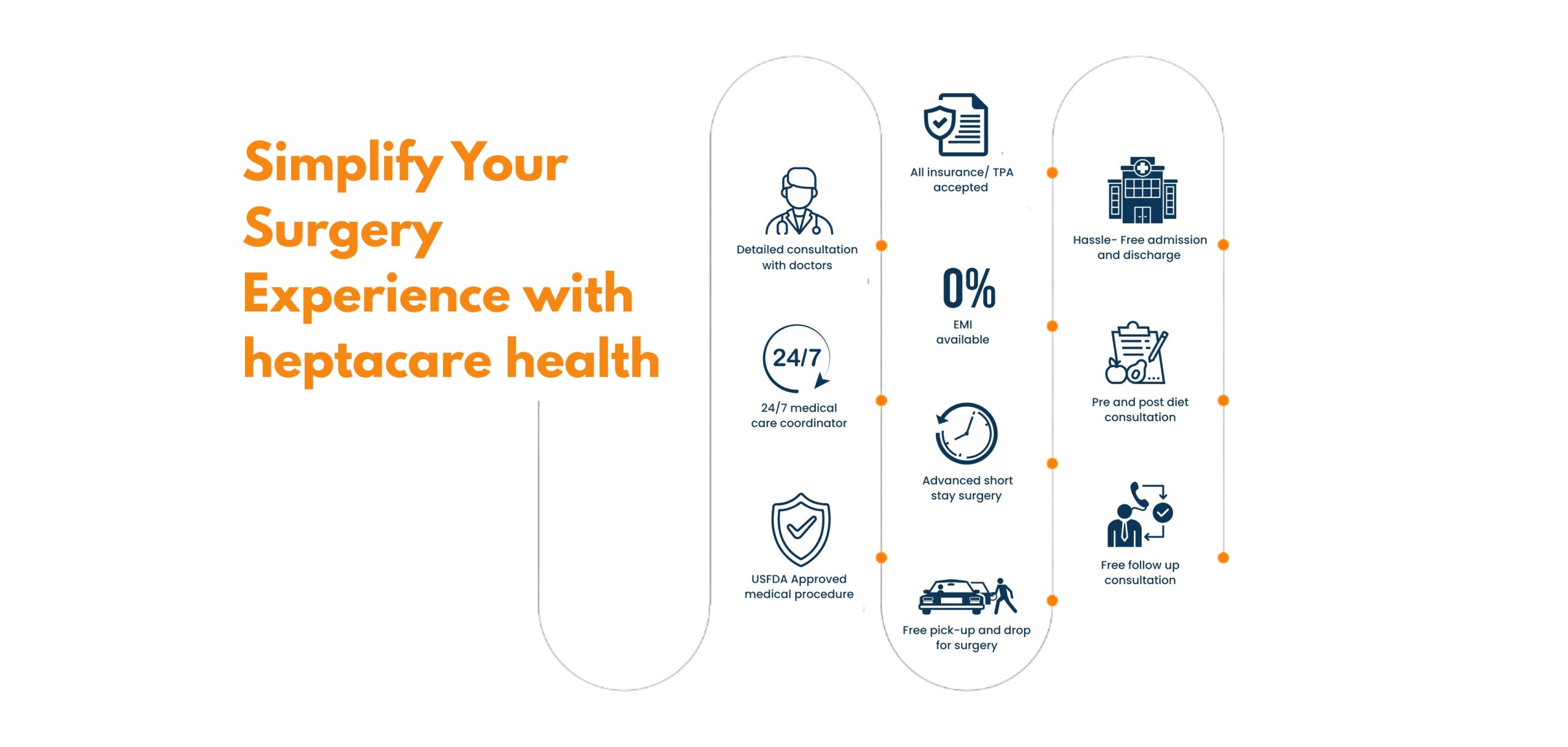
Most patients feel only mild pain or bloating for 1–2 days, which is well managed with medicines. Compared to open surgery, laparoscopy has much less pain and scarring.
Delaying treatment can make the hernia bigger, more painful, and risk serious complications such as obstruction or strangulation, which can be life-threatening.
Most hernia surgeries take 30–60 minutes. In many cases, patients can go home the same day (day-care surgery).
Yes, light walking is encouraged the same day or next day. It helps recovery and prevents complications.
● femoral hernia surgery cost in Vizag ● low-cost femoral hernia surgery in Hyderabad ● cashless femoral hernia treatment near me ● painless femoral hernia surgery in Vijayawada ● femoral hernia treatment with insurance in Vizag ● femoral hernia operation cost in Hyderabad ● femoral hernia surgery packages in Vijayawada ● affordable femoral hernia treatment near me ● femoral hernia laser treatment clinic in Hyderabad ● femoral hernia doctor consultation charges in Vizag ● best femoral hernia surgery cost in Vijayawada ● femoral hernia treatment hospital near me ● femoral hernia operation price in Hyderabad ● low-cost femoral hernia laser treatment in Vizag ● femoral hernia removal cost near me ● femoral hernia treatment with EMI in Vijayawada ● femoral hernia surgery specialist near me ● femoral hernia surgery packages in Hyderabad ● femoral hernia treatment clinic near me ● femoral hernia surgery near me
Getting an accurate diagnosis can be one of the most impactful experiences that you can have.

cure with care
Copyright © 2025. All rights reserved.
Consult with our expert surgeon for more than 50+ diseases
Happy Patients
Hospitals
Cities